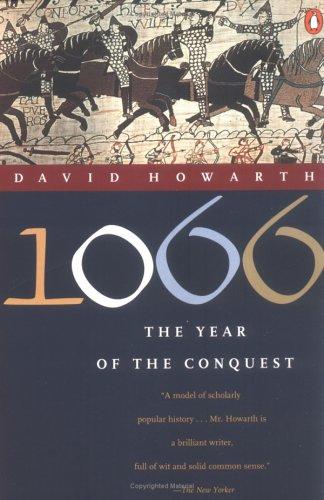An Instance of the Fingerpost
No rating
The English Civil wars are living memory. A king is back on the throne, and a nation remains wary of Rome while adjusting to its newfound peace.
Pears begins with a simple plot detail, the death of a university academic. Readers have this story recounted by a Venetian fop called Marco da Cola, who introduces characters and remarks on the strange land and customs he finds himself amidst. The author gradually 'pulls the camera back' to reveal a web of intrigue and inhumanity involving a wide cast, years in the making, and he does it by retelling the same series of events from three additional perspectives. After the Venetian's version comes that of a proud hothead, bent on restoring his father's honor. Next comes the entry from a high-placed civil servant, convinced of the superiority of his own assessment. The last part is told by a priest in love.
Each …
The English Civil wars are living memory. A king is back on the throne, and a nation remains wary of Rome while adjusting to its newfound peace.
Pears begins with a simple plot detail, the death of a university academic. Readers have this story recounted by a Venetian fop called Marco da Cola, who introduces characters and remarks on the strange land and customs he finds himself amidst. The author gradually 'pulls the camera back' to reveal a web of intrigue and inhumanity involving a wide cast, years in the making, and he does it by retelling the same series of events from three additional perspectives. After the Venetian's version comes that of a proud hothead, bent on restoring his father's honor. Next comes the entry from a high-placed civil servant, convinced of the superiority of his own assessment. The last part is told by a priest in love.
Each successive account informs prior ones, serving to either muddy details that used to be clear, or crystallizing their importance. Entire characters, their background and motives and capabilities, are thrown into a whole new light. It's a mystery novel but it isn't concerned with whodunit as opposed to who-done-what and how it got done. There are several excellent reveals that tie plot threads together. The final account by the priest is quite introspective and does the least plotwise, but is where the novel really bears its heart - for while you think you're reading one type of story for much of the book's 600-odd pages, Pears is about to reveal another.
Interested readers shouldn't alternate between this and other books. This demands persistent attention. I found it worth diagramming the character relationships. It includes a 'dramatis personae,' many members of which are real historical figures.















